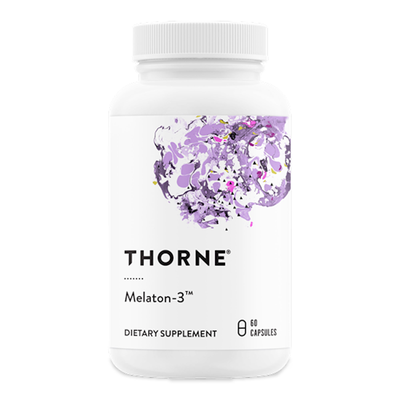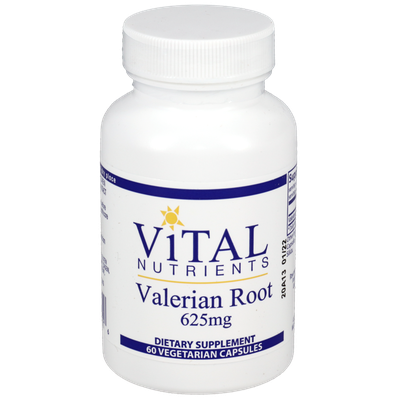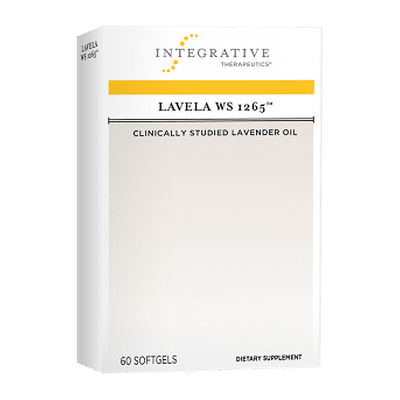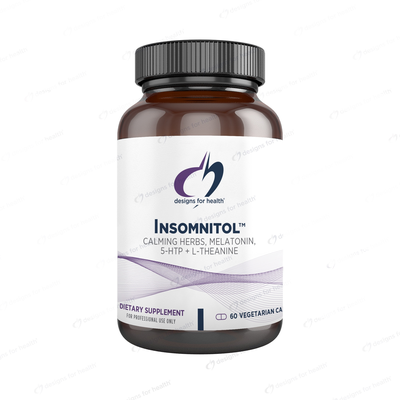MUSCLE3X
SLEEP SUPPORT KIT
SLEEP SUPPORT KIT
Couldn't load pickup availability
Overview
Sleep is essential for good health, yet it is reported that up to 30% of people experience difficulties with falling or staying asleep. (24) One study found the number of people suffering from various sleep disorders has also been on the rise. From the year 2013 to 2016, increases were seen in the prevalence of narcolepsy by 14%, idiopathic hypersomnia by 32%, periodic limb movement disorder by 30%, and rapid eye movement sleep behavior disorder by 64%. (2)
Sleep disorders can occur as a secondary disease from other disorders or they can be considered the primary disease affecting a patient. A meta-analysis found that patients with anxiety, eating disorders, pervasive developmental, borderline, and antisocial disorders, and schizophrenia all experienced some sort of alteration to sleep. None of the conditions studied had similar polysomnographic profiles, suggesting each condition may have different underlying mechanisms. (6)
Depending on the factors associated with disturbed sleep, a variety of therapies may be used. Interventions such as sedatives or anxiolytic pharmaceuticals are available; however, the American Academy of Sleep Medicine endorses the use of melatonin, light therapy, and behavioral interventions as the primary treatments. (4)
The protocol presented below represents research findings to aid in achieving and maintaining good sleep.
Melatonin
Melatonin
2.5 to 3 mg, total per day (at bedtime), minimum three weeks (9)(20)
- All patients with delayed sleep-wake phase disorder (DSWPD) received behavioral sleep-wake scheduling and then split into groups for a 0.5 mg dose of fast-release melatonin or placebo, melatonin decreased patient reported outcomes measurement information system (PROMIS) sleep disturbance, insomnia severity, functional disability, and sleep onset latency by 34 minutes compared to placebo; additionally 52.8% of patients in the treatment group had a more than minimal clinician-rated improvement compared to 24% of placebo, suggesting that while behavioral sleep-wake scheduling scheduling combining with melatonin is much more effective (22)
- A meta-analysis of 12 studies found melatonin efficacious in delaying sleep phase syndrome, and decreasing sleep onset latency in primary insomnia; additionally melatonin was able to regulate sleep-wake patterns in blind patients (5)
- Pooled data from a meta-analysis and systematic review of 7 studies to be effective for management of secondary sleep disorders as demonstrated by the ability of melatonin to lower sleep onset latency and increase total sleep time (14)
- Patients with insomnia improved quality of sleep, as well as night before and morning alertness when given 2 mg of prolonged-release melatonin compared to placebo (12)
Valerian
Valerian (Valeriana officinalis)
1060 mg, total per day, minimum 4 weeks (23)
- Postmenopausal women demonstrated improved quality of sleep in 30% of the intervention group compared to 4% in the palcebo (23)
- Primary insomnia patients previously treated with nightly benzodiazepines were given valerian or placebo for 15 days, treatment decreased wake time after sleep onset (WASO), increased sleep latency and alpha count in slow wave sleep, and improved subjective sleep quality after benzodiazepine withdrawal compared to placebo (19)
- In a systematic review and meta-analysis, 6 studies found valerian to have significant benefits to improve sleep quality without side effects at a range of dosing (7)
- Patients with psychophysiological insomnia demonstrated decreased slow wave sleep latency of 21.3 compared to 13.5 minutes in placebo; additionally, there was a low number of adverse effects compared to placebo (10)
Lavender
Lavender (Lavandula angustifolia)
80 mg Silexan™ daily for a minimum of 10 weeks (21) or diffused at bedtime (13)(17)
- A systematic review of 11 randomized controlled trials found that inhaled lavender essential oil had a positive effect on sleep for people with mild sleep disturbances (15)
- When given Silexan™ once daily for 10 weeks, sleep and anxiety improved as shown by a decrease in total scores for hamilton anxiety scale (HAM-A) and Pittsburgh sleep quality index (PSQI), demonstrating the anxiolytic action of Silexan™ rather than sedative (21)
- Patients with insomnia who diffused lavender before bedtime experienced decreased PSQI by 2.5 points compared to an almond oil control group; notably a more pronounced improvement in women and younger volunteers with milder insomnia (13)
- Patients hospitalized in the ICU experienced increased overall sleep score (48.25 in treatment group, 40.10 in control) and experienced a significantly lower blood pressure between 12 am and 4 am compared to control when 3 mL of pure lavender oil was provided at bedside from 10 pm to 6 am (17)
- 55 μl of lavender essential oil patch placed on the chest at night was effective for improving sleep quality and increasing feelings of refreshment upon awakening in college students with self-reported sleep problems (16)
Chamomile
Chamomile (Matricaria chamomilla)
200 mg twice per day for a minimum of 28 days (3) or as a tea for a minimum of 2 weeks (8)
- Sleep quality improved when elderly people aged 60 or older in day care nursing homes were given 200 mg twice per day compared to control (3)
- Postnatal women with poor sleep quality improved physical symptoms related to sleep inefficiency and symptoms of depression when given chamomile tea for 2 weeks compared to control (8)
- A systematic review and meta-analysis of 12 randomized controlled trials found chamomile to be effective in improving sleep quality and generalized anxiety disorder (11)
Magnesium
Magnesium
320 mg, total per day of magnesium citrate, minimum 7 weeks
- Improved Pittsburg sleep quality index (PSQI) score, which includes improvements in sleep quality, sleep onset latency, sleep duration, sleep disturbance, daytime dysfunction, and hypnotic drug scores in adults with poor sleep quality; additionally participants who had a baseline value more than 3.0 mg/L of CRP experienced a decrease (18)
- In addition to decreasing insomnia severity index (ISI) score, sleep onset latency and serum cortisol concentration, magnesium reduced early morning awakenings in elderly participants (1)
Share









